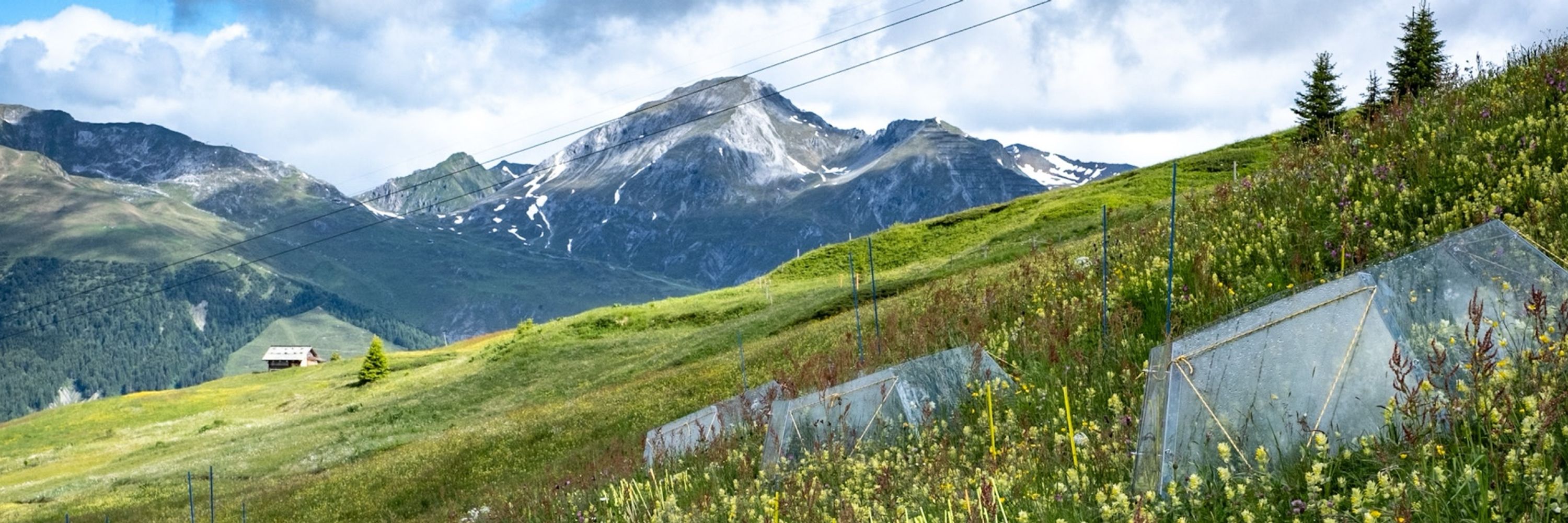
🐌🐛🦗🌱 🏔️ 🌈

- no information on direct effects of the UV treatment on the microbial community
- short experimental period insufficient to detect potential effects on plant-growth
- No assessment of macro-inquiline influence on nutrient dynamics. 6/7
- no information on direct effects of the UV treatment on the microbial community
- short experimental period insufficient to detect potential effects on plant-growth
- No assessment of macro-inquiline influence on nutrient dynamics. 6/7





